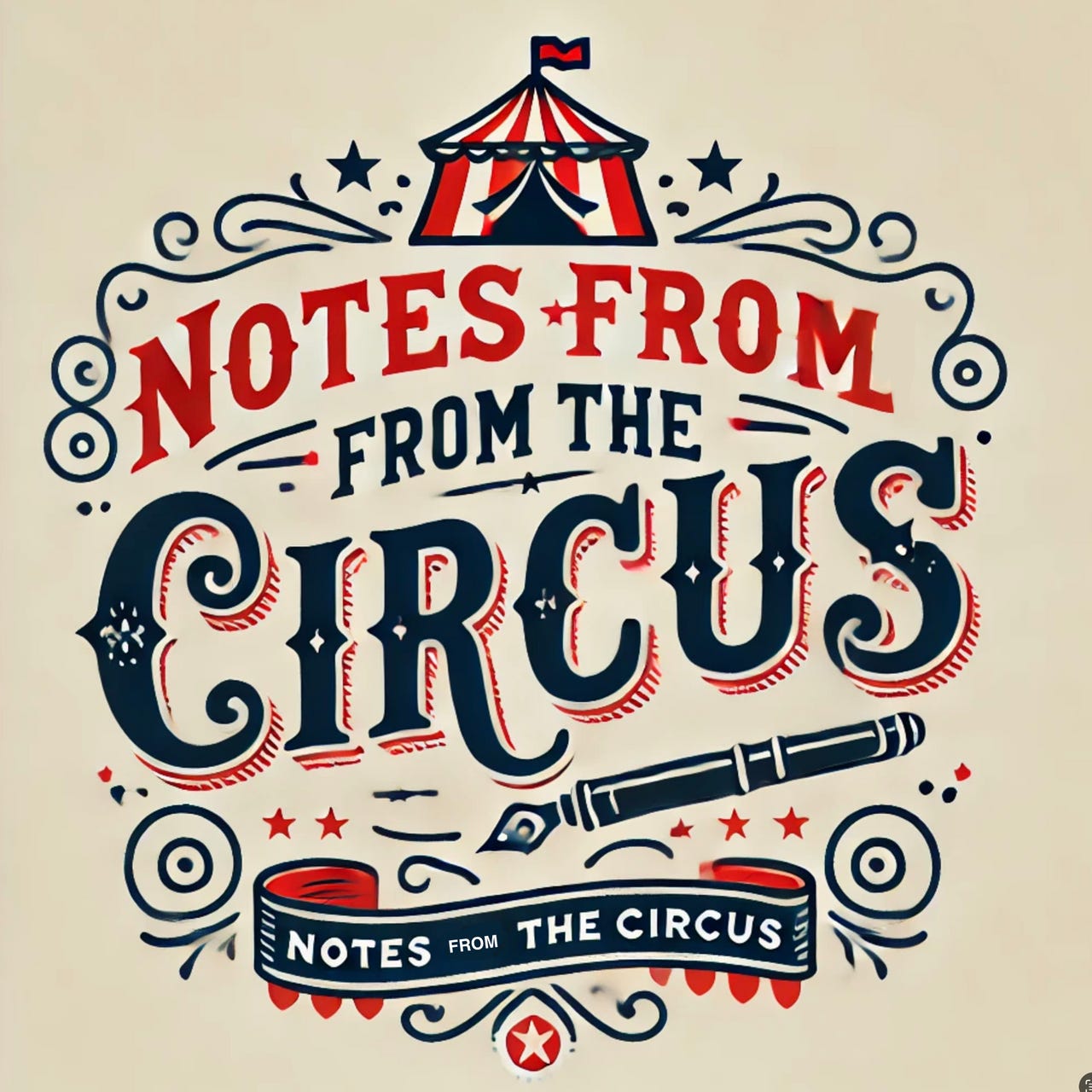I had the privilege of spending nearly two hours in conversation with philosopher and public intellectual Vlad Vexler, exploring some of the most pressing questions of our time. This wasn't your typical political commentary—we went deep into the philosophical underpinnings of our current crisis and what it might take to navigate through it.
We started by examining what Vlad calls the four emotions driving Western citizenries today: feeling unsafe, betrayed, powerless, and most dangerously, that politics has become completely opaque—incomprehensible to ordinary citizens. This opacity, more than any single policy failure, drives people toward what we explored as "magical thinking"—the psychological retreat from complexity into simple narratives that promise certainty at the cost of truth.
Our conversation moved through the tactical failures of cancel culture and hyper-identity politics, the philosophical tensions between postmodernism and scientism, Putin's actual strategy for democratic collapse in the West, and the deeper social forces that make democratic renewal so challenging. We grappled with questions about social trust, technological determinism, the Ukraine war's real causes, and what realistic hope for democratic restoration might look like.
Fair warning: this is a genuinely philosophical conversation that assumes you're willing to sit with complexity and uncertainty. We don't offer easy answers or comfortable reassurances.
If you're looking for quick takes or partisan talking points, this probably isn't for you. But if you're interested in the kind of sustained thinking that our moment demands—the hard work of holding multiple ideas simultaneously and refusing to retreat into magical thinking about our challenges—then I hope you'll find it valuable.
The conversation continues, and the choices remain ours to make.












